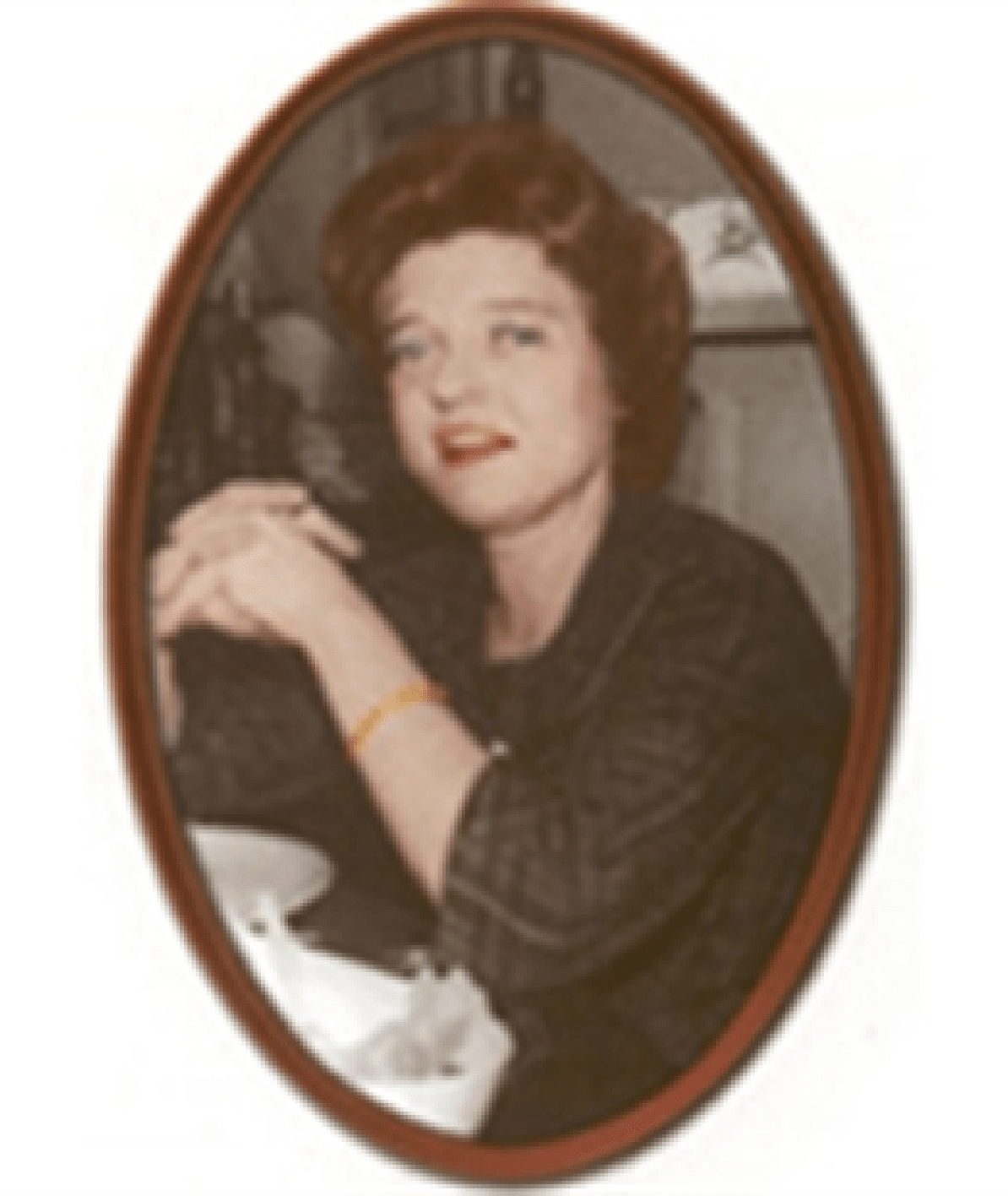
The workshop will bring together researchers in science and mathematics, neuroscientists, educators and movement experts who recognize the importance of embodied cognition, teaching and learning in STEAM. About 40 participants from Israel and abroad will take part in the workshop that will be held in English.
The workshop will create opportunities to expand participants' familiarity with embodied teaching and learning and promote a multidisciplinary broad view of the field. It is hoped that the workshop will enhance the formation of a community and collaborations in research and education.
Goals of the Workshop
- Share multidisciplinary information from the forefront of research, theory and practice on embodied cognition and learning that will familiarize participants with new perspectives regarding the subject of the workshop.
- Integrate experiences in embodied learning approaches that invite emotional and creative
involvement and enable participants to recognize their role in STEAM learning processes. - Build an interdisciplinary community whose members will continue to collaborate after the workshop and initiate various activities in the field of embodied cognition that have research and applied implications in STEAM.
- Promote the implementation of embodied teaching and learning in a variety of education frameworks such as schools and universities, teacher professional development frameworks and informal frameworks.
- Influence decision makers in teacher professional development frameworks and in academic institutions.
- Build an infrastructure for a "white paper" to be written after the workshop. This document will be used by the community for further action.
- Batsheva de Rothschild 1914-1999

Batsheva de Rothschild was a biologist, trained at the Sorbonne, Paris and at Columbia University, New York. She worked for a while at the Pasteur Institute, Paris. During World War II, Bethsabée joined the Free French Movment at its office in New York and volunteered for its armed forces. Assigned to London, she landed in Normandy during the Allied invasion, eventually reaching Paris, where she served as liaison between the French and the United States military forces. As a frequent visitor to the young State of Israel in the 1950s, she met with Prof. Ephraim Katzir (Weizmann Institute) and Prof. Alex Keynan (Hebrew University), who convinced her of the acute need to support basic research in Israel. In 1958, she established the fund bearing her name, which she personally headed with great devotion until her last days.
The Batsheva Fund was established as a private endowment fund, first in New York City and afterwards, in 1965, in Israel. In 1993 she generously transferred the fund to the Israel Academy of Sciences and Humanities. In 1958 she became the only one ever, from her legendary family, to settle in Israel and became active in public life. Science and the arts were the two loves of this exceptional woman. In 1989 she was awarded the prestigious Israel Prize for her many contributions to Israeli society, among them the founding of Israel’s Batsheva and Bat Dor Dance Companies. The Batsheva Fund's purpose is to further Science in Israel for the people of Israel. It operates through a five-member Directorate. A Panel of Advisors, comprised of Israeli scientists of several disciplines, is appointed to guide its scientific activity. The President of the Academy serves as its President.


